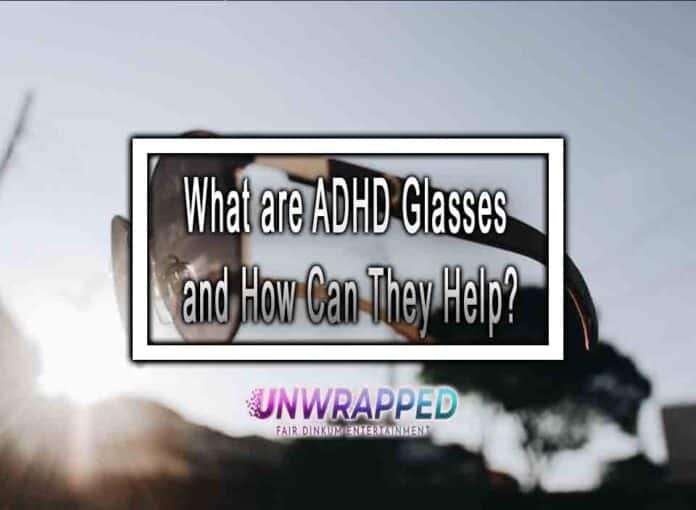Unfortunately, ADHD and insomnia often go hand in hand. This could be for several reasons, including the fact that those with ADHD often have trouble stilling their minds, which tend to be always racing. As well as preventing sufferers from dropping off to sleep, this can also make for frequent night-wakings.
Those with ADHD may also find it challenging to stick to healthy sleep habits, which could otherwise alleviate insomnia, such as following a daily sleep schedule or avoiding caffeine drinks before bedtime. Anxiety and depression are also more common in people who have ADHD, and both of these things can affect sleep quality and contribute to insomnia.
To make matters worse, the side effects of insomnia can significantly exacerbate the symptoms of ADHD…which then makes it even more difficult for the individual to sleep, and the vicious circle continues to turn.
The Impact of ADHD Insomnia
ADHD insomnia can have many disruptive effects on everyday life, causing, for example,
- Difficulty with short-term memory
- Problems paying attention
- Hyperactivity and impulsiveness
- Poor performance at school
- Emotional difficulties
- Relationship issues
- Irritability
There are many other ways that ADHD insomnia can have a detrimental effect on an individual’s life and well-being. It’s vital to speak to a healthcare professional if you think you may be experiencing this condition to access the help, support, and advice you need that can help you once more get a restful night’s sleep.
How ADHD Blue Light-Blocking Glasses Can Help
Given that the majority of those with ADHD suffer from insomnia, finding a way to treat the latter condition could be an important way of alleviating the symptoms of the former. To this end, glasses that block blue light rays could help, especially when worn in the evening or at night. This is because blue light serves to confuse the brain into believing it’s still daytime – as a result, the brain produces less of the sleep-inducing hormone melatonin.
By blocking the blue light, ADHD glasses allow for the normal production of melatonin, which can significantly reduce incidences of insomnia, and its severity when it does strike. With melatonin production back to normal levels, the sleep-deprived individual should find themselves much more able to get – and stay – asleep.
A recent study involved a group of people with ADHD being asked to wear glasses with amber lenses (which effectively block blue light) for a certain period every day. At the end of the study, the results were clear: the vast majority of participants not only experienced less ADHD insomnia during the trial but also felt less anxious in general.
You can visit your ophthalmologist to have a look for glasses with amber lenses designed to block blue light or check out a reputable online retailer, such as Glasses USA, to see a range of blue-light-blocking spectacles that could help.
Other Tips to Help Alleviate ADHD Insomnia
If you or your child are struggling with ADHD insomnia, there are some simple changes you can make that could help significantly.
Creating a relaxing bedtime routine that’s followed every night is crucial – this sends the signals to your brain that it’s approaching the time for sleep and will allow you to begin relaxing and unwinding. Make a routine that feels right to you: it could involve a warm bath, some stretching or light yoga, reading, or meditation. It’s also important to avoid caffeine for at least six hours before bedtime.
Finally, create a peaceful environment in which to sleep. To this end, it’s a great idea to make your bedroom a device-free zone. This will help both in terms of lessening the exposure to blue light, as well as helping you calm your mind. Ensuring your bedroom is at the right temperature and installing blackout curtains could also be beneficial.
Can ADHD Affect Vision?
More research is needed to fully answer this question. A recent study that appeared in the Optometry and Vision Scientist journal showed that over 15% of children experiencing vision problems had ADHD, while 8% of kids with normal vision had ADHD – so there is clearly a link. Astigmatism and incidents of double vision are also more commonly seen in those with ADHD than those without.
A common manifestation of ADHD is involuntary, tiny eye movements (called saccades and microsaccades) – while these movements are normal occurrences, those with ADHD tend to experience them when exposed to visual stimuli. As a result of this, the person may have issues with tracking.
The Importance of Sight Checks
If your child has a vision problem and is struggling to see in the classroom, this can manifest in symptoms similar to ADHD and result in misdiagnoses. Poor vision, for example, can cause headaches, an ability to focus (both literally and figuratively), losing one’s place when reading, irritability, and disruptive behavior as a result. And where an ADHD diagnosis is confirmed, untreated eye problems will exacerbate the problems your child may be struggling with.
Therefore, it’s vital to ensure that your child attends regular sight checks to spot any possible problems and arrange to get spectacles fitted if needed.










